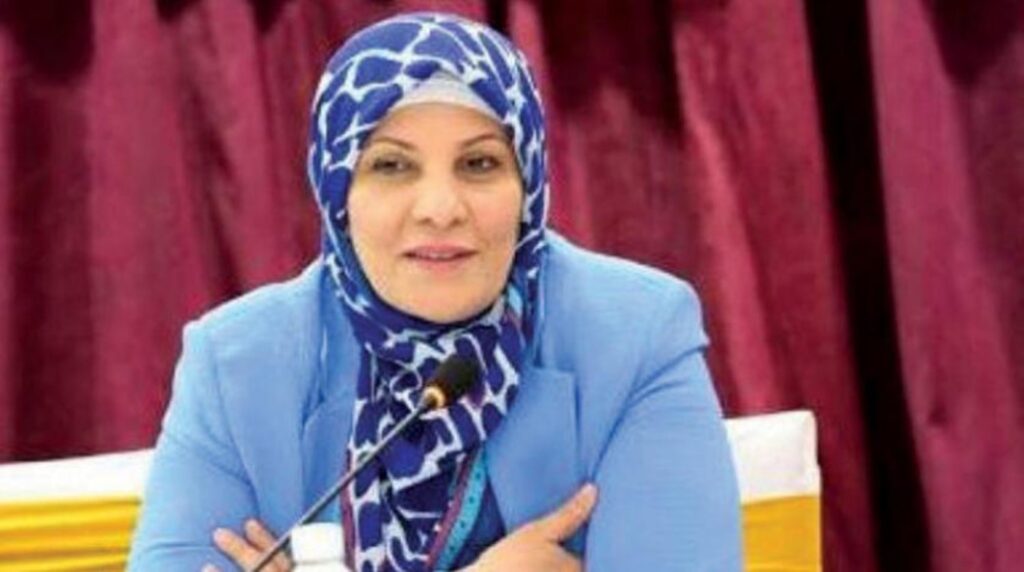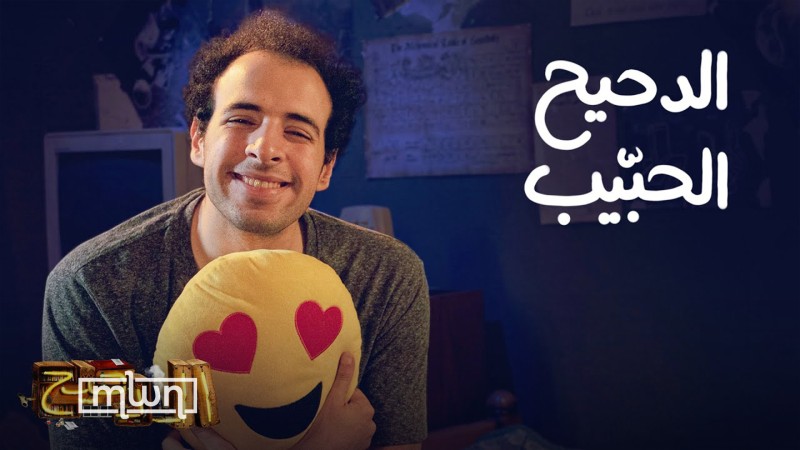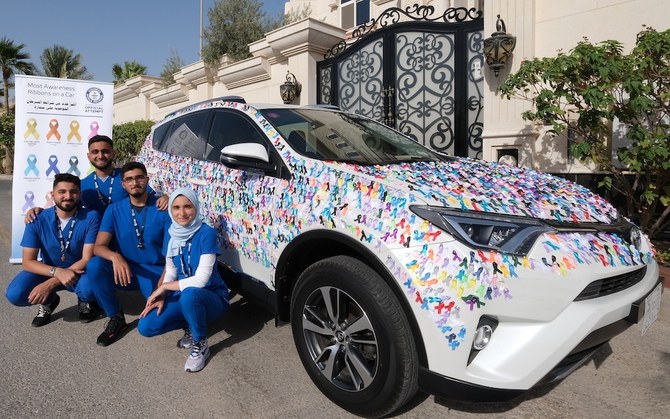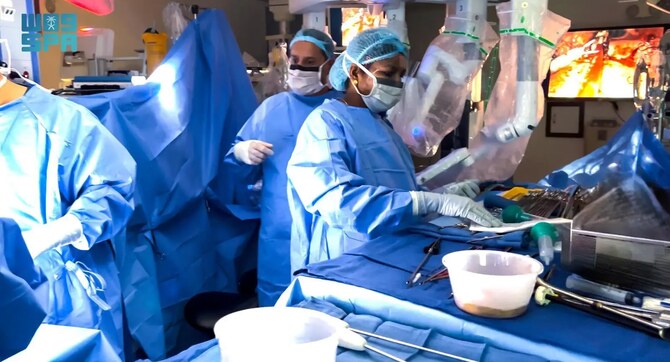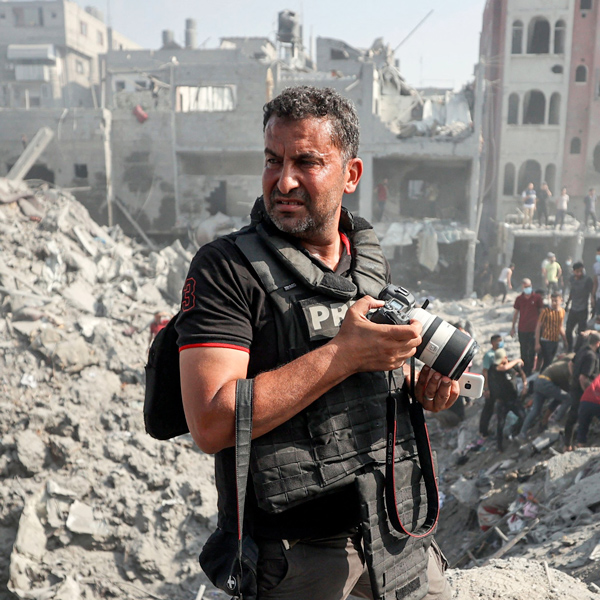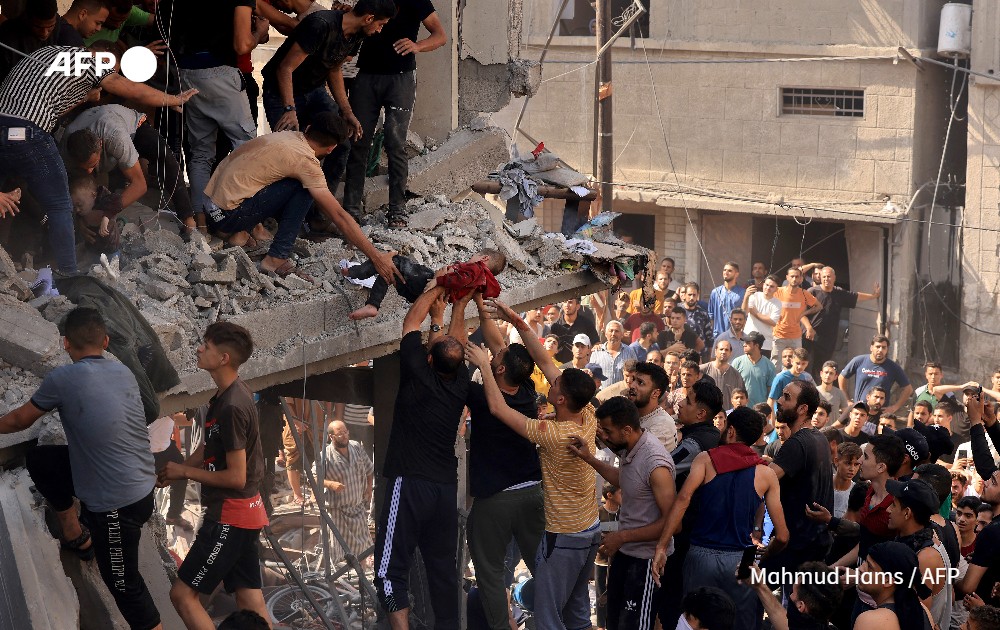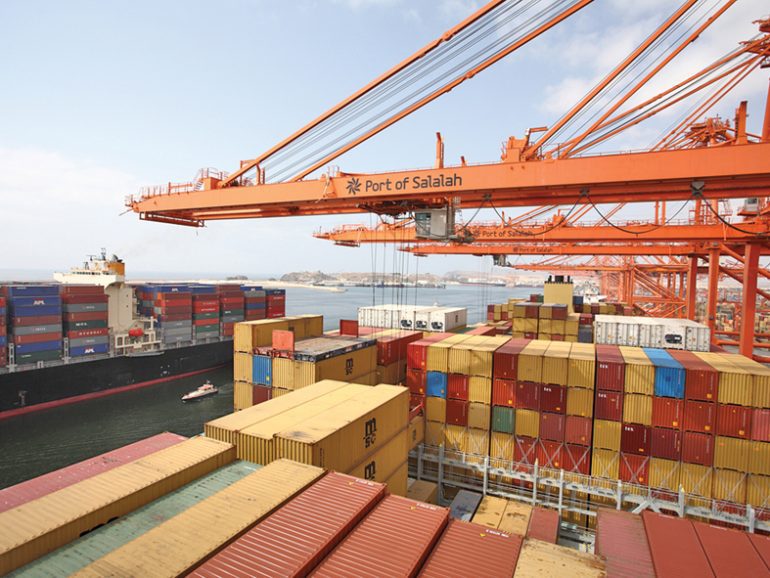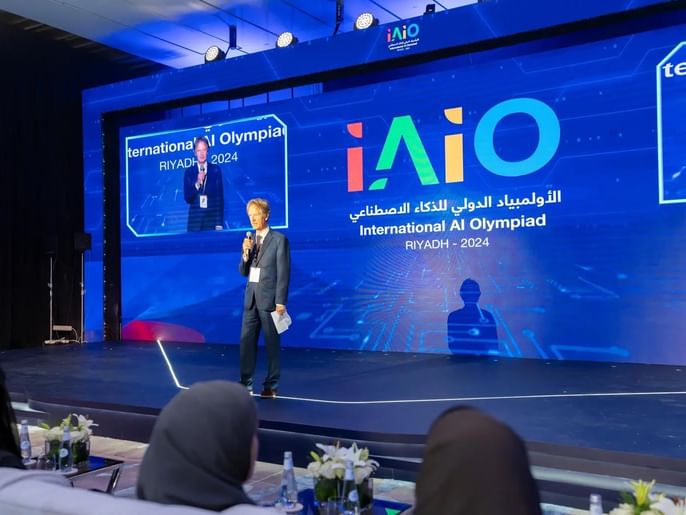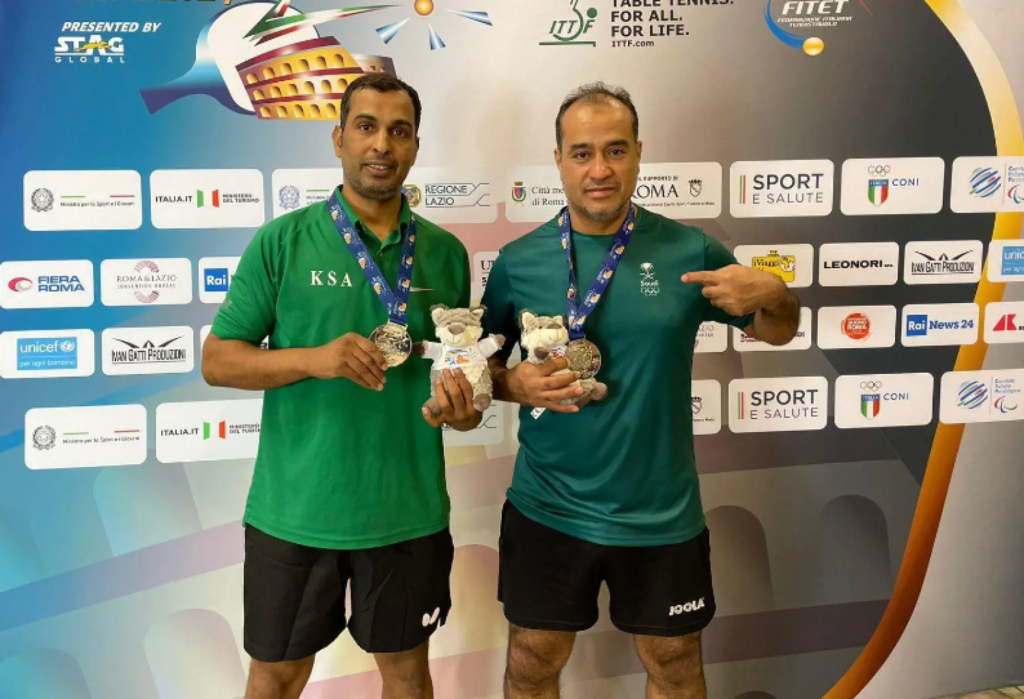His Highness Sheikh Dr. Sultan bin Mohammed Al Qasimi, Supreme Council Member and Ruler of Sharjah, announced the completion of the Historical Dictionary of the Arabic Language, consisting of 127 volumes, in a unique achievement for the Arab and Islamic nation, which is added to the series of achievements of Sharjah, under His Highness’s leadership, in various fields of culture, literature and the Arabic language.
This came during His Highness’s attendance today at the launch of the activities of the Second Sharjah International Conference on Arabic Language Studies in Europe, which is organized by the Arabic Language Academy in Sharjah, at the Dr. Sultan Al Qasimi House.
His Highness the Ruler of Sharjah welcomed the conference guests from various European countries, including scholars and students, pointing out the overwhelming joy of completing all the volumes of the Historical Dictionary of the Arabic Language, saying, “Your presence on this day, which coincides with the completion of the dictionary, is a joy and delight and the reaping of fruits. It is a happy occasion. This dictionary took seven years and was scientifically researched by 500 researchers and approximately 200 proofreaders, reviewers, printers, administrators and technicians.”
His Highness added that the scientific and research team of the Historical Dictionary will continue to work diligently with the Arabic Language Academy in Sharjah to complete research and reference work for the benefit of the Arabic language, as work will begin on the Arabic Encyclopedia, which will cover all literary and scientific branches, and will become the first reference for all people.
At the end of his speech, His Highness the Ruler of Sharjah pointed out the continuation of efforts to establish more cultural centres that play an important role in spreading support for Arabic culture and language and their valuable projects.
The conference was opened with the recitation of clear verses from the Holy Quran, after which Dr. Mohamed Safi Mosteghanemi, Secretary General of the Arabic Language Academy in Sharjah, delivered a speech in which he welcomed the presence and honor of His Highness the Ruler of Sharjah at the conference in its second edition, pointing to His Highness’s great support and personal interest in the Arabic language in terms of learning, teaching, publishing, literature and culture. He also welcomed the participating guests of the conference from various European countries and their great contributions to supporting the Arabic language in their countries.
Al-Mostaghanemi discussed the importance of joint cooperation between all scholars, researchers and orientalists to research and care for the Arabic language, pointing out the importance of the Arab Studies Conference in Europe in achieving many goals for the development of the dissemination and learning of the Arabic language in many European countries and in achieving research goals therein and discussing challenges and finding solutions.
His Highness the Ruler of Sharjah and the attendees watched a visual presentation about the Arabic Language Academy in Sharjah, its vision, mission and objectives in the fields of publishing, developing and supporting the Arabic language, its research and studies, in addition to the publications and educational courses it supervises and its efforts in honoring scholars and outstanding individuals in various branches of the Arabic language.
Dr. Laura Gago delivered a speech on behalf of the conference guests, in which she praised the efforts of His Highness the Ruler of Sharjah and what he provides to the Arabic language in general and in Europe in particular, and the support and interest that the Emirate of Sharjah represents for the Arabic language, which has made it a destination for lovers and students of the Arabic language and its capital.
She noted the importance of the conference and its success at the international level, and the competition of scholars from different countries to participate in it, saying, “We came from every corner of Europe, from East to West, to talk about Arabic in the capital of Arabic in the modern era, because we know that Arabic is not a race, but rather Arabic, as the Prophet of Islam said, is the language, so whoever speaks Arabic is an Arab. The Arabic language sits on the throne of human languages, and if its people love it by nature, then the love of the Arabic language for us, who speak other languages, is a decision and a choice.”
She concluded her speech with thanks and appreciation to the Sharjah Academy of Arabic Language for organizing the conference and ensuring its success.
Dr. Dragana Djordjevic delivered a word of thanks and gratitude on behalf of the forum attendees to His Highness the Ruler of Sharjah for his support for the issues of the Arabic language and its teaching, especially in European countries, and for providing the opportunity for scholars and researchers to attend to study and come up with what contributes to supporting and spreading Arabic. She said, “In Sharjah, we feel that we are in our homes and among our people.”
At the end of the conference opening activities, His Highness the Ruler of Sharjah honored the participating scientists and researchers.
The conference will be attended by a number of scholars and academics from Romania, Kazakhstan, Spain, Norway, Poland, Russia, Germany, Serbia, Croatia, Denmark, Turkey, France, Greece, and Italy. They will present various research papers that address the conference themes and the experiences and challenges of learning and teaching the Arabic language in their countries.
The conference seeks to research and discuss a number of topics, namely: Arab tales in the West: One Thousand and One Nights, Kalila and Dimna, Juha, and others, the Arabic language and contemporary technology, translation and cultural communication, the translation of the meanings of the Holy Qur’an into European languages: reality and prospects, the image of the Arab in travel literature and the books of European geographers, in addition to the topic of Arab manuscripts in Europe.
The conference aims to define the curricula and rules related to teaching Arabic to non-native speakers, reveal the linguistic, social and human heritage of nations, advance to acquire terms and values that keep pace with contemporary scientific developments, focus on translation curricula and methods of communication between civilizations, care for interpretive readings of the meanings of the Holy Quran from the perspective of European languages, codify travel literature and the records of European geographers with Arabic and European edits, highlight the characteristics of Arabic manuscripts and their caches, in addition to employing global expertise and innovative methods in serving the Arabic language and spreading it in the countries of the European continent, and investing human energies, research skills, concepts and scientific theories to benefit from the linguistic heritage and the Arab knowledge treasure.
The second edition of the conference, which will continue for two days, September 21 and 22, will address several areas related to the Arabic language, namely: serious Arabic and human studies that embody the reality of the Arabic language in Europe, innovative research in learning and teaching the Arabic language, and practical experiences and live practices in the fields of the Arabic language and human studies.
The conference was attended by the Ruler of Sharjah, Dr. Khalifa Al Tunaiji, Chairman of the Holy Quran Academy in Sharjah, Jamal Salem Al Turaifi, President of Al Qasimia University, Abdullah Khalifa Al Sabousi, Chairman of the Department of Islamic Affairs, Ali Al Marri, Chairman of the Dr. Sultan Al Qasimi Foundation, Mohammed Hassan Khalaf, Director General of the Sharjah Broadcasting Authority, heads and representatives of Arabic language unions and academies, and a number of officials and specialists.
source/content: wam.ae (headline edited)
_______________

_____________________________________________
SHARJAH, UNITED ARAB EMIRATES (U.A.E)
